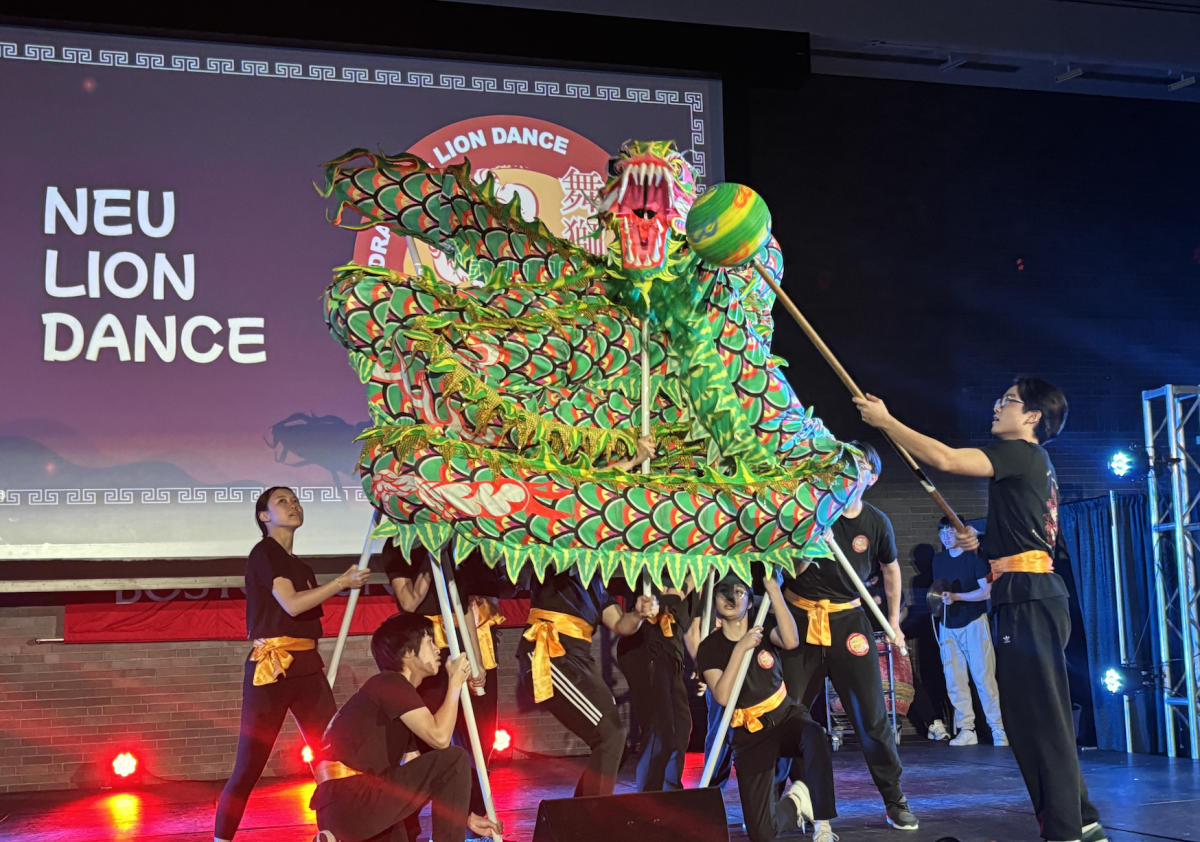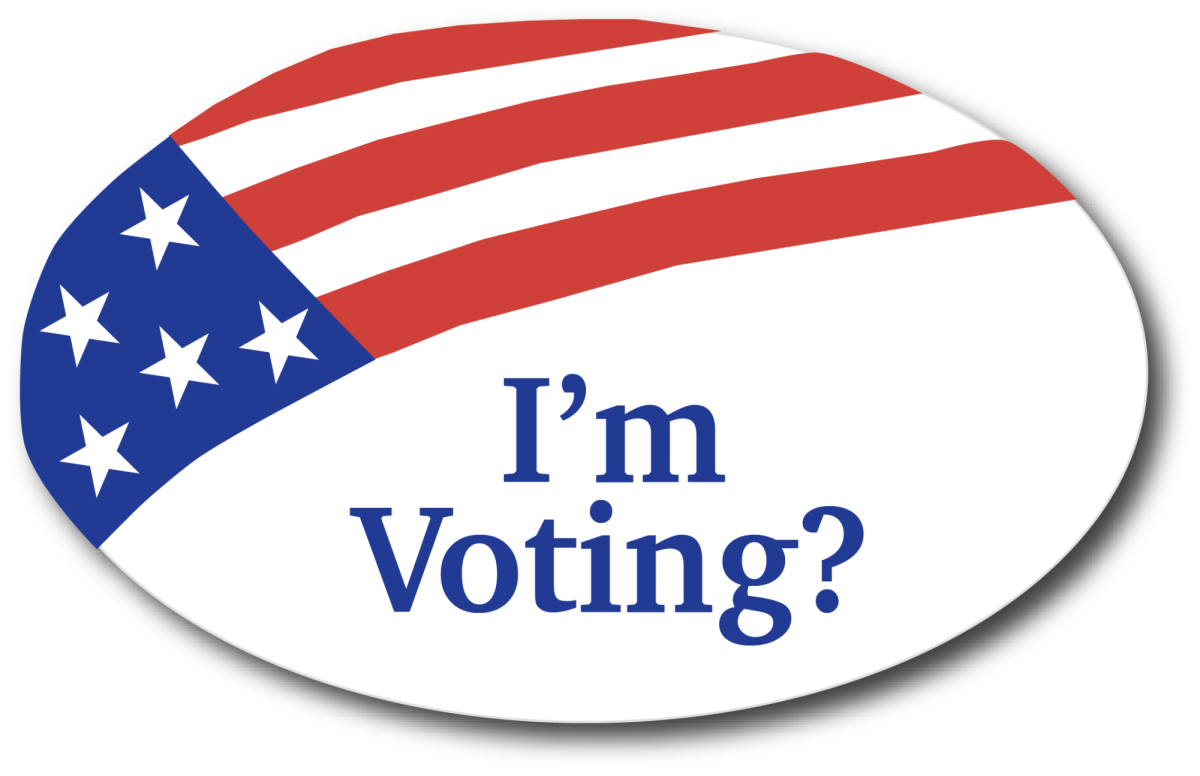By Jenna Duncan, News Staff
Copyright restrictions have long been a challenge to professors who look to use additional teaching aids in the classroom.
With the recent change of power in the federal government ‘- switching to a democratic based congress and a democratic president ‘- school officials are saying the future of extensions on copyright laws are up in the air.
‘For the last 20 years the tilt has been in the direction of copyright holders and turning it into a property right,’ said Dr. Gerald Herman, university copyright officer and assistant professor. ‘It’ll be interesting with a new administration to see which direction it goes.’
The laws are actively being changed as new mediums for content continue to form. In the past decade, there have been numerous advances in copyright usage laws through the federal government, and they continue to be challenged with 22 current proposals to amend the laws.
Now though, the laws are growing more and more in the favor of publishers rather than users, Herman said.
‘It’s becoming harder to see any reasonable works in print being available to the public without going through hoops,’ Herman said. ‘All of these extensions are good things if you look at the education we’re involved in and making intellectual property available.’
Current laws complicate the daily learning process and make students go to greater lengths to obtain the copyrighted material.
‘My college writing teacher mentions that she wishes she was able to copy readings but can’t [because of the laws] so we have to buy the books,’ freshman biology major Jana Thompson said.
The largest expansion of the law in user’s favor to allow lenient usage of copyrighted material was in 2002 with the TEACH [Technology, Education and Copyright Harmonization] act, which states that ‘an educator may show or perform any work related to the curriculum, regardless of the medium, face-to-face in the classroom.’ There are numerous restrictions surrounding this, however, like the clause that states the only materials that can be used must be from that university’s film study department’s library.
‘[The] TEACH act has made it more possible to use others’ materials in classes, but the law is very complicated and the library is under certain restriction,’ Herman said.
Other complexities arise with the current laws because fair use, the limited use of copyrighted material without requiring permission from the rights holders, is not clearly defined, he said.
‘Fair use is part of the law, made under the register of copyrights,’ Herman said. ‘No one really knows what the parameters are, you just take your best shot with what you consider reasonable.’
Additionally with new technological mediums such as Wiki’s , the gray area has increased even more.
‘The law is complicated to begin with, and with new technology [the law] is silent and you have to wait until someone sues someone else to see what the exact law is,’ Herman said.
However, many of these mediums allow others to view copyrighted material with ease, such as viewing television clips on YouTube.
‘If I watch TV on the internet I don’t know where it’s coming from,’ undecided middler Sam Bartfield said. ‘[My professors] are a lot better. Even though sometimes they will show clips from YouTube, a lot are really conscious about [following copyright laws].’
Any of these exceptions that are currently being proposed by various groups such as the Library Copyright Alliance and Music Library Association, will most likely not effect how the university deals with copyright, he said.
‘What the university is doing now probably won’t be affected, it’s just a question of what will happen in the future,’ Herman said. ‘We try to secure the rights for what we use, but the copyright clearance center doesn’t control the rights to all publications and when you have to deal on a publisher by publisher basis, it gets very expensive trying to do it legally.’
In order to keep the university running without legal infringements on copyright usage, Herman often talks to professors over what they can and cannot use, but hopes that the laws do change and restore balance.
‘We just have to pay attention, and if we want to try to restore some of the balance we have to be vocal about it,’ Herman said. ‘The problem is that most people are both authors and users, and they want to use everyone’s work but don’t want people to use their’s so it puts us on the horns of dilemma.’











